Revive a beautiful yet forgotten Sunnah by creating your Waqf today. A simple, meaningful, and powerful way to ensure your impact continues to serve communities for generations.
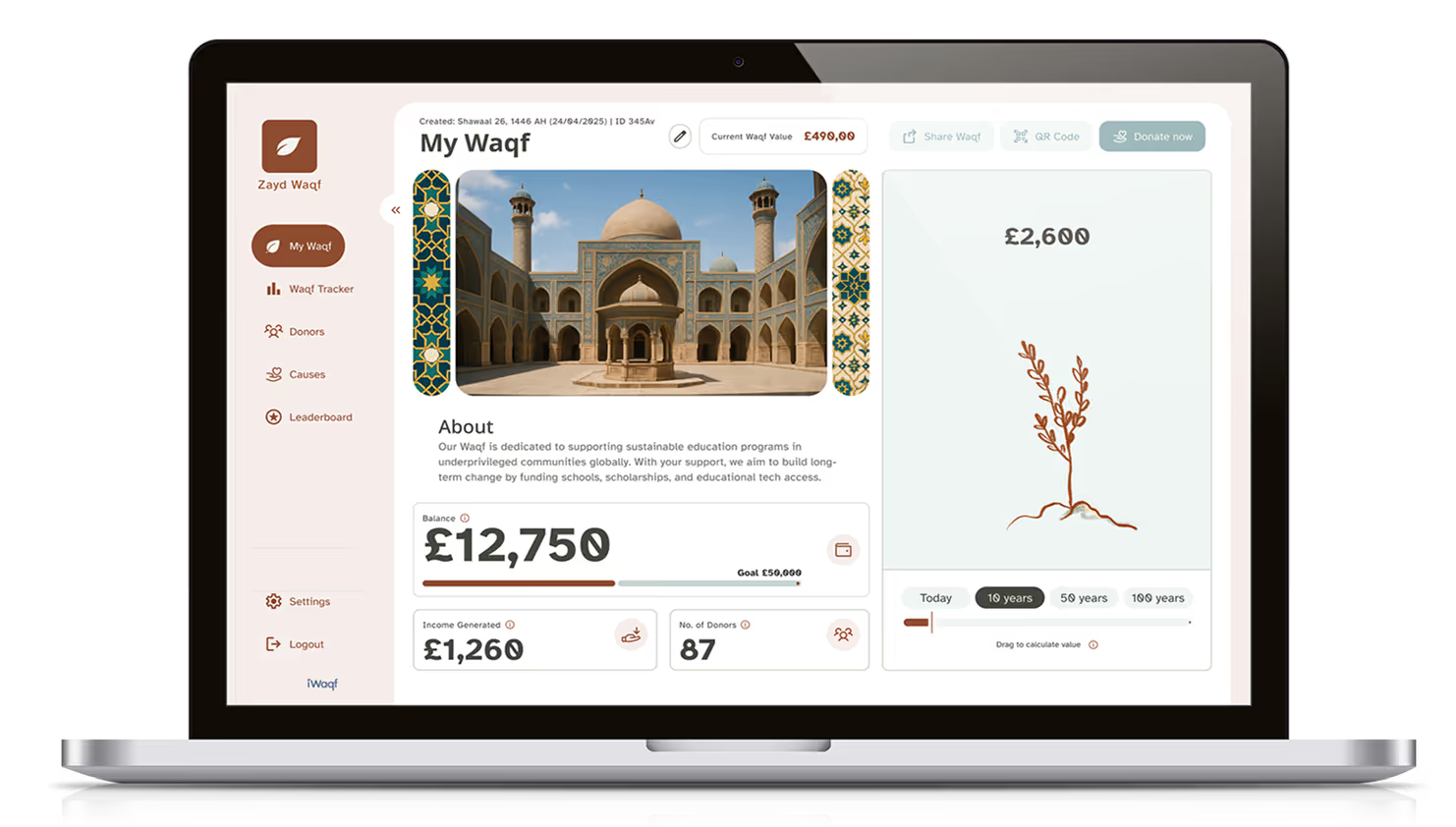
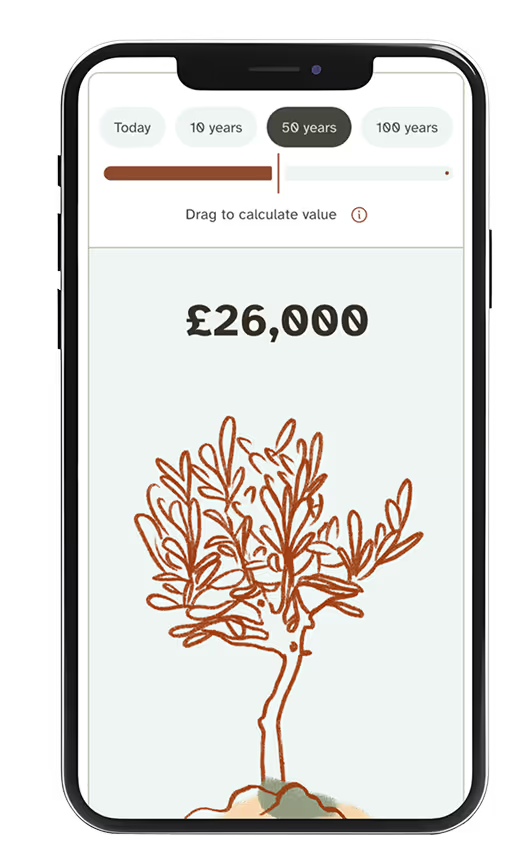


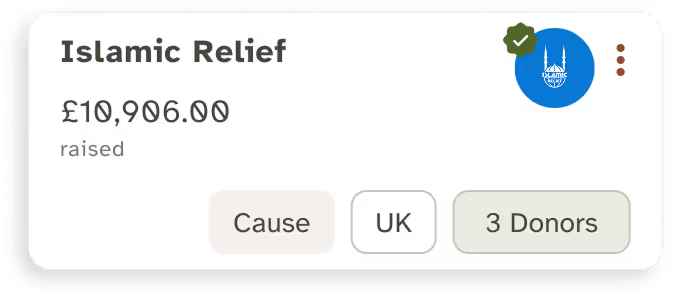
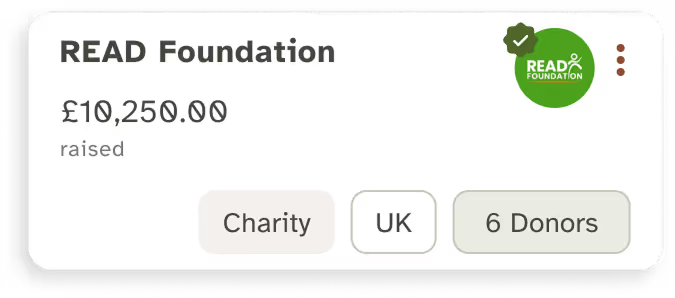
Pick from hundreds of causes and charities that you care most about, and make your Waqf truly yours.
Easily update and manage your selections over time, ensuring your Waqf continues to support the causes that are most important to you.
Your trust matters to us. Keep track of how much income your Waqf generates and where every penny is invested all in one place.
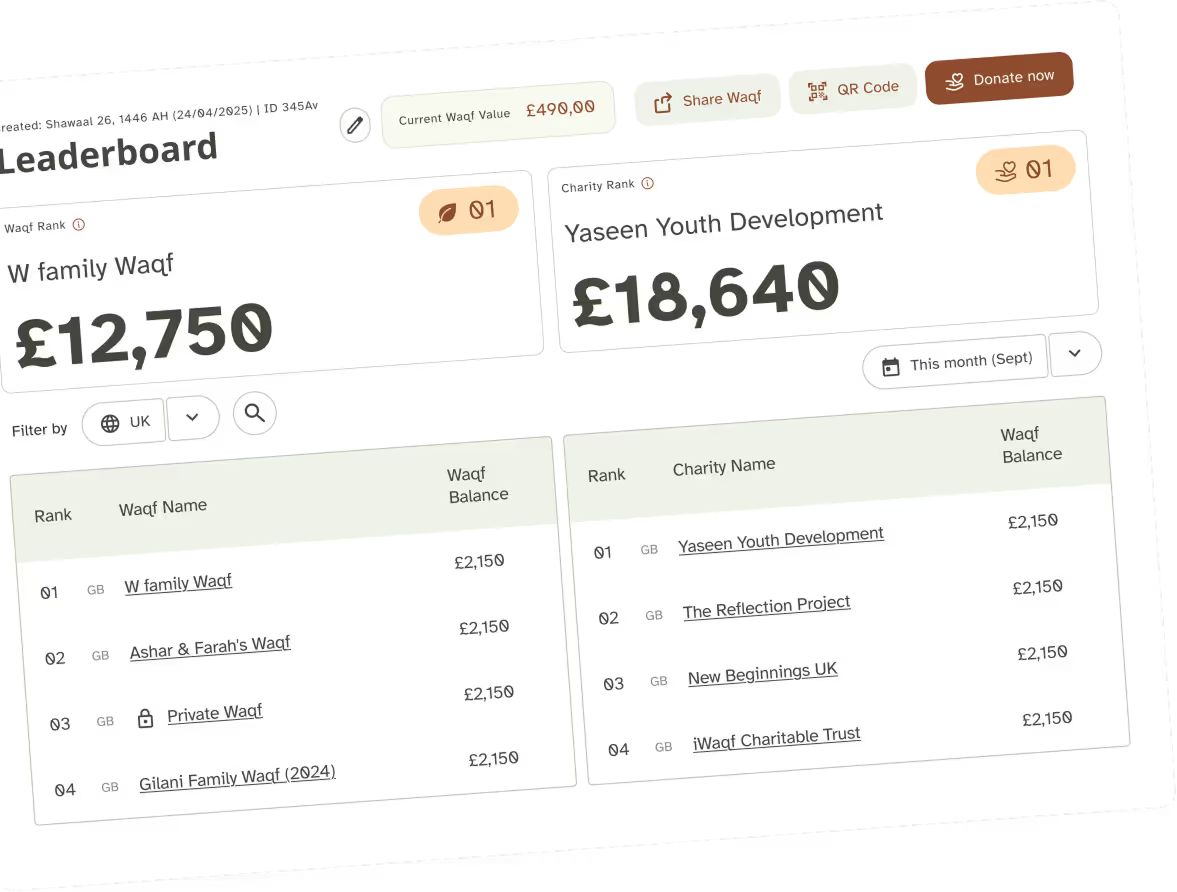
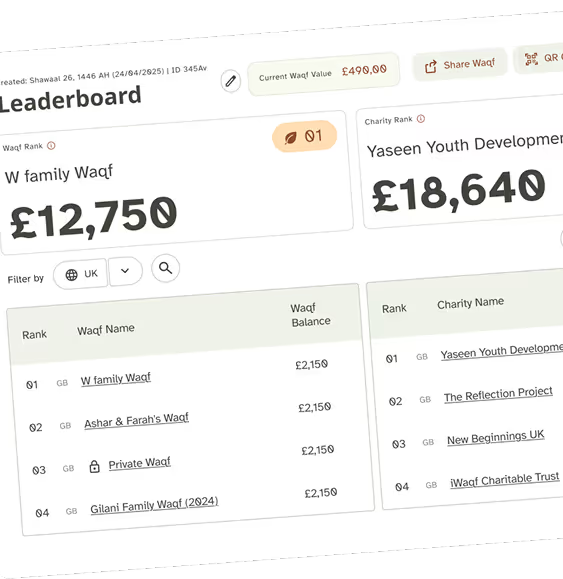
Compete in good with friends and family. Instantly updating leaderboards that show how your Waqf and others are growing.
Create Your Waqf in 60 seconds
.avif)
.avif)
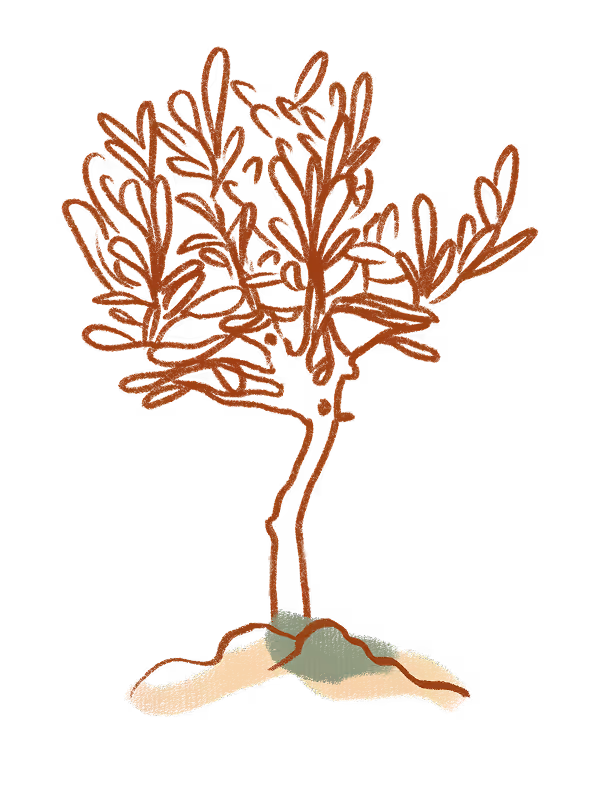
.avif)
Your waqf growth over 50 years.
Your Waqf itself will have donated over £503, to the causes you care about the most.
Join thousands of Muslims who've already started their eternal legacy
Create Your Waqf in 60 seconds
Choose your donation amount and the causes closest to your heart.Start from as little as £10.
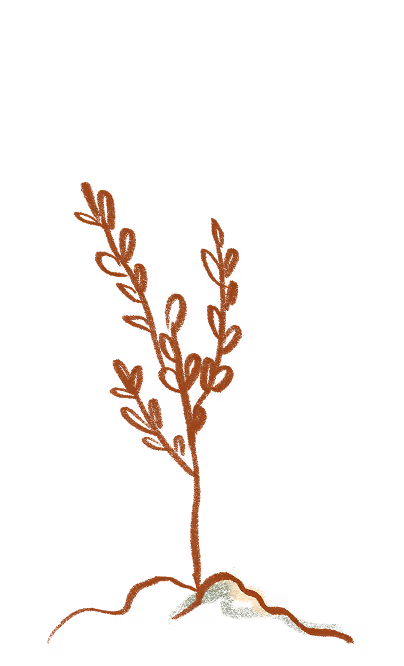
Your donation is invested in Shariah-compliant property and assets that generate halal returns.
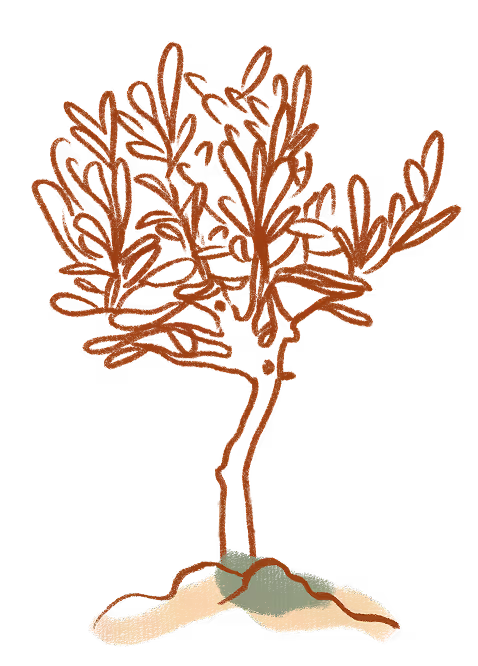
100% of the profits go to your chosen charities. Your principal is protected and continues growing.

iWaqf is a digital platform that democratizes the ability to create a Waqf. An individual or group can instantly create a Waqf, set an intention, and select which Charities they would like to be the end beneficiaries. Users can donate any amount of money, rather than the usual large amounts required for a traditional Waqf setup.

Waqf is a permanent endowment; when you declare Waqf over an asset, it is thereafter no longer sold and spent, gifted, or inherited. The asset is instead retained and all income generated by the asset will be used to donate towards charitable or other causes. Famous examples: Uthman's Waqf- more than 1400 years old (https://www.awqaf.gov.sa/en/endowment-example/endowment-Othman-well)

iWaqf Charitable Trust is an independently run UK registered charity (RCN: 1190896). Whilst Waqf in general can be both of a personal or charitable nature, by donating to iWaqf Charitable Trust, you are contributing to a permanent endowment which is entirely charitable. The reward for ongoing, self-sustaining Waqf of this form is potentially limitless.

The word Waqf (pl. Awqaf) means to stop, confine, or restrict. The hadith literature uses various terms for the concept of Waqf such as ‘habs’ which also have come to refer to the same concept of Waqf.

The Prophet ﷺ encouraged his Companions to establish their own Waqf. As a result, Waqf was an integral part of the financial system of Islam right from the outset and continued to grow over the next thousand years.